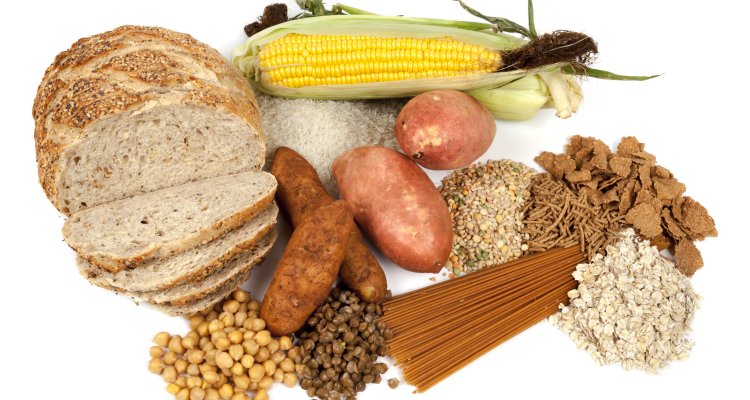
Project
Increasing the value of food by-products in modulating gut microbiota through food processing
The physical structure of intrinsic fibers is often neglected as a potential factor able to affect fibre behavior in our gut. In this project we would like to evaluate the effect of physical structure, on fiber fermentability, gut microbiota composition and metabolite production
The human gut is home to trillions of bacteria and other microbes that play a crucial role in human health. For example, a variety of bacteria break down intrinsic fibers and complex components like polyphenols into short-chain fatty acids and other metabolic products, which are beneficial to human health. These beneficial components are present in a variety of food products, including vegetables, fruits, and nuts. However, some plant fractions rich in intrinsic fibers and polyphenols, such as barley husk, are not broken down by these microbes. This resistance is due to the fibers and polyphenols being protected by robust plant structures, such as lignin-rich cell walls, which are entangled in a complex network of the plant cell. In this study, we will apply food processing to modify these intrinsic structures, examine the physical structure of the intrinsic fibers and polyphenols, and determine their availability for microbial degradation.
The ambition of the project is twofold:
1. Apply food processing methods to unlock the health-promoting components of intrinsic fibers, currently inaccessible to the human gut.
2. Utilize the intrinsic fibers generated during these processes to enhance our mechanistic understanding of which microbes are involved in the degradation of these complex indigestible substrates and what metabolites are being produced.